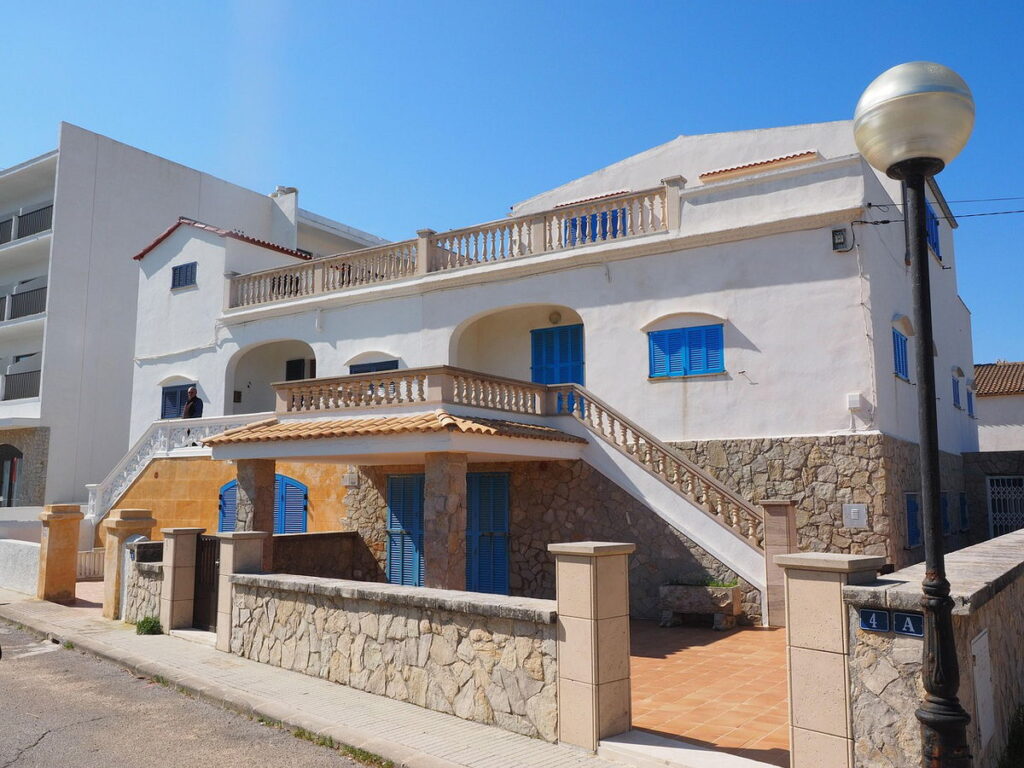
Tax benefits could be revoked after renting out your home to tourists.
Photo Credit: Hans via Pixabay
As Mallorca tourism reaches an all-time high, it may be increasingly more tantalising for homeowners to rent out their home to tourists. After all, Mallorca is an extremely desirable holiday spot, and tourists are willing to pay much more to stay in nice, typical houses rather than cramped and crowded hostels. So, why not get a bit of pocket money for the summer?
As it turns out, you may want to think twice before handing the keys over to a visiting family. Renting out a residence in the Balearic region could have huge implications on the tax benefits for homeowners.
The vivienda habitual, or ‘primary residence’ tax deduction protects homeowners aged 65 and over from having to pay taxes on the home when selling it. This is incredibly beneficial if the property has gained a lot of value. People under 65 years of age could also benefit; if they sell the primary residence and reinvest all the money into a new home, they are exempt from paying taxes on it. If they pay less for the new home, they only have to pay the proportional amount for the total gain.
But what is a vivienda habitual, legally speaking?
For a home to be considered a primary residence, the homeowner must have lived in it continuously for at least three years, or if they have moved into it within a period not exceeding 12 months of its purchase or construction.
However, this tax benefit could be revoked after renting the home out to another person, even for a short-term stay. This is because from the first day it is rented to someone else, the home is no longer considered your primary residence. To qualify for the vivienda habitual tax deduction, the home must be sold within two years after being rented out. Otherwise, the homeowner must return to live in the residence for three more years to qualify for the tax exemption again.
Attempting to claim the tax benefits when the home has not been a primary residence, or failing to disclose that it was rented short-term, could also cause trouble. If fraud is detected, the tax authority could heavily fine the homeowner. Moreover, it is not enough only to register it as your primary residence and declare personal income tax (or IRPF, as it is known in Spain) on it; in many cases, the tax company could seek out other documentation as proof, even going so far as to revise bills for water, electricity, and Internet.
Although the idea of renting to tourists seems like a no-brainer, it’s clear that it has long-lasting implications that homeowners should consider carefully.





